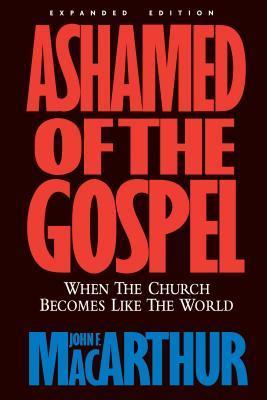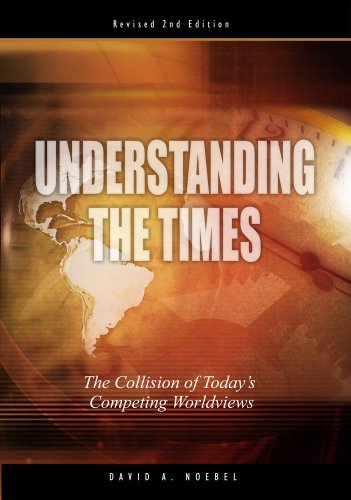
A Christian Manifesto
Book Description
In a world teetering on the brink of chaos, voices cry out for truth and direction. "A Christian Manifesto" ignites a passionate call to action, challenging the status quo with unyielding conviction and clarity. It explores the fundamental tenets of faith, urging believers to reclaim their moral compass amid cultural decay. With powerful insights on ethics, law, and the urgent need for a robust Christian presence in society, it’s a wake-up call for a generation. As the battle between light and darkness intensifies, will the faithful rise to the occasion and be the change the world desperately needs?
Quick Book Summary
"A Christian Manifesto" by Francis A. Schaeffer stands as a rallying call for Christians to recognize the cultural decline of Western society and to respond with purposeful, biblically grounded action. In this powerful work, Schaeffer assesses the philosophical and moral transitions that have shifted the West from a Christian worldview to secular humanism, profoundly affecting law, government, and daily life. He contends that passive Christianity has allowed moral decay to flourish and advocates for an informed, active engagement in society—politically, socially, and ethically. By urging believers to reclaim their God-given responsibilities, Schaeffer outlines both the spiritual and practical strategies necessary for rekindling truth, justice, and liberty in the modern world. This book is a clarion call to defend Christian principles and shape culture amid mounting challenges.
Summary of Key Ideas
Table of Contents
The Shift from Christian to Secular Humanist Worldview
Francis A. Schaeffer’s manifesto begins by examining the historical shift in Western thought, highlighting how society’s foundations have moved from a broadly Christian worldview to one dominated by secular humanism. Schaeffer traces this transition, arguing that the abandonment of absolute truth has led to confusion, moral relativism, and the erosion of core societal values. Western laws, once rooted in a biblical understanding of right and wrong, now reflect utilitarian or pragmatic approaches that often negate enduring principles.
Christian Responsibility in Society
Schaeffer asserts that Christians bear a unique responsibility to engage actively with culture, rather than withdrawing in the face of mounting secular influence. He urges believers to understand the times and to engage on intellectual, social, and political fronts. Schaeffer claims that Christian involvement can and should shape institutions, discourse, and public policy by opposing practices and ideologies that undermine biblical principles.
The Impact of Law and Government on Morality
A significant section of the book addresses the relationship between law, government, and moral order. Schaeffer critiques modern legal trends, warning that the adoption of purely humanistic or relative standards erodes justice and liberty. Using historical and contemporary examples, he illustrates how shifts in law reflect deeper spiritual struggles, ultimately impacting personal freedoms, the sanctity of life, and the moral fabric of nations.
Nonviolent Action and Civil Disobedience
Rather than advocating withdrawal or passive acceptance, Schaeffer calls for constructive nonviolent action. He encourages Christians to exercise rights such as voting, protest, and even civil disobedience when necessary to oppose laws or policies that contradict biblical commands. This approach, he argues, is consistent with both historic Christian faith and the examples of historical reform movements, provided that it is rooted in love, truth, and a desire for justice.
Recovering Spiritual and Cultural Foundations
Ultimately, Schaeffer insists that the answer lies in a revival of biblical faith and understanding within both individuals and communities. He urges a return to the spiritual and cultural foundations upon which Western society was built. Only by reclaiming absolute truth, fostering a community grounded in Scripture, and engaging actively in public life, can believers hope to steer society back toward justice, freedom, and genuine human flourishing.
Download This Summary
Get a free PDF of this summary instantly — no email required.





